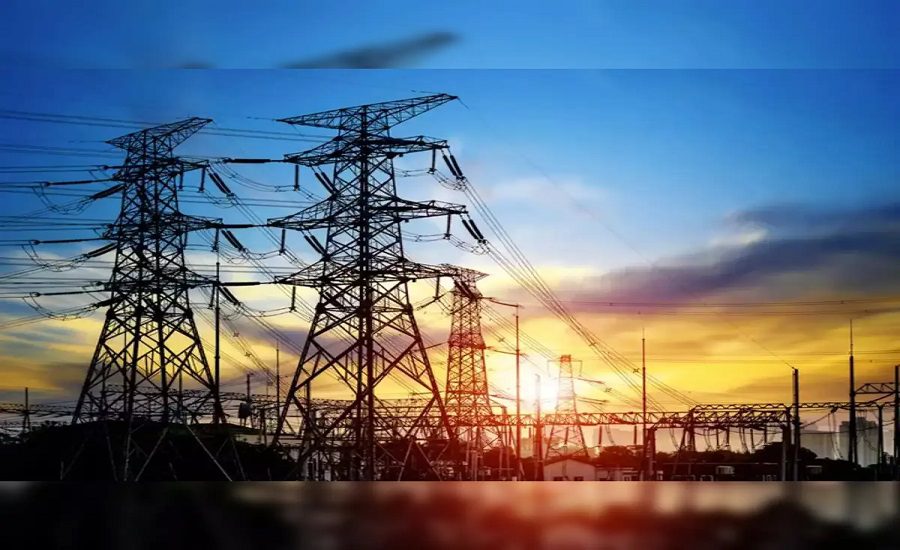New Delhi: India has achieved a historic milestone in its energy sector, surpassing the 500 GW mark in installed power generation capacity, with renewable energy contributing more than 50% of the total capacity. This landmark achievement, as announced by the Union Ministry of Power, reflects the nation’s steadfast commitment to clean and sustainable energy development, supported by years of strategic policy decisions, investments, and sectoral collaboration.
As of September 30, 2025, India’s total installed electricity capacity stood at an impressive 500.89 GW, a sharp rise from 249 GW in 2014, marking a substantial growth in just over a decade. This growth underscores India’s rapidly advancing energy sector and its focus on diversifying power generation sources to ensure energy security and sustainability.
Renewable Energy Surpasses 50% Share of Total Installed Capacity
Renewable energy sources, including solar, wind, hydro, and others, now account for 51.2% of India’s total power generation capacity. With 256.09 GW of installed capacity in non-fossil fuel sources, India has firmly established itself as a global leader in the transition to renewable energy. Fossil-fuel-based generation, on the other hand, contributes 49%, with 244.80 GW from coal, natural gas, and other non-renewable sources.
The Ministry of Power highlighted that this achievement is a result of the government’s proactive initiatives, which have driven both public and private investments into renewable energy infrastructure. In the first half of the current fiscal year alone, India added 28 GW of non-fossil fuel capacity, including solar and wind energy, as well as 5.1 GW of fossil-fuel-based generation capacity.
Renewable Energy Hits Record Share in Electricity Generation
In a major development earlier this year, India recorded its highest-ever renewable energy share in electricity generation. On July 29, 2025, renewable sources accounted for 51.5% of the country’s total electricity demand, which peaked at 203 GW. This record-breaking share underscores the growing role of solar, wind, and other renewable sources in India’s energy mix, contributing significantly to the country’s power demand.
India Achieves COP26 Goal 5 Years Ahead of Target
India’s achievement of surpassing 50% of its installed electric power capacity from non-fossil fuel sources also marks a key milestone in its climate goals. The country had set this target as part of its commitments under the COP26 climate summit in 2021. With the 50% mark reached ahead of schedule, five years before the 2030 deadline, India has demonstrated its leadership in addressing climate change and transitioning to clean energy.
The Ministry of Power highlighted that India’s focus on scaling up renewable energy capacity is not only driven by environmental goals but also by the need to ensure affordable and reliable energy access to its growing population and economy. This move aligns with India’s broader vision of achieving energy independence while contributing to global climate action.
Looking Ahead: India’s Path to Sustainable Energy Future
With these milestones, India is on a clear path toward achieving a clean, secure, and self-reliant energy future. The country’s commitment to increasing the share of renewable energy in its power generation capacity is expected to continue with the ongoing expansion of solar and wind energy projects, as well as the integration of emerging technologies like green hydrogen and battery storage.
India’s energy sector is increasingly becoming a model for other developing nations, demonstrating that rapid energy transition is possible through strong policy frameworks, investments in clean technology, and robust public-private collaboration.
A Transformative Shift Toward Clean Energy
India’s achievement of a 500 GW installed power capacity, with renewable energy accounting for more than 50%, represents a transformative shift in the country’s energy landscape. As India accelerates its renewable energy deployment and moves toward a cleaner, greener energy future, it continues to contribute significantly to the global fight against climate change while ensuring reliable and affordable electricity for its citizens.
Read also: Leadership Update: Shankar Narayan Appointed CMD of Central Electronics Limited (CEL) by PESB





























